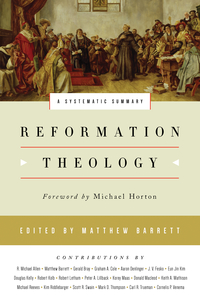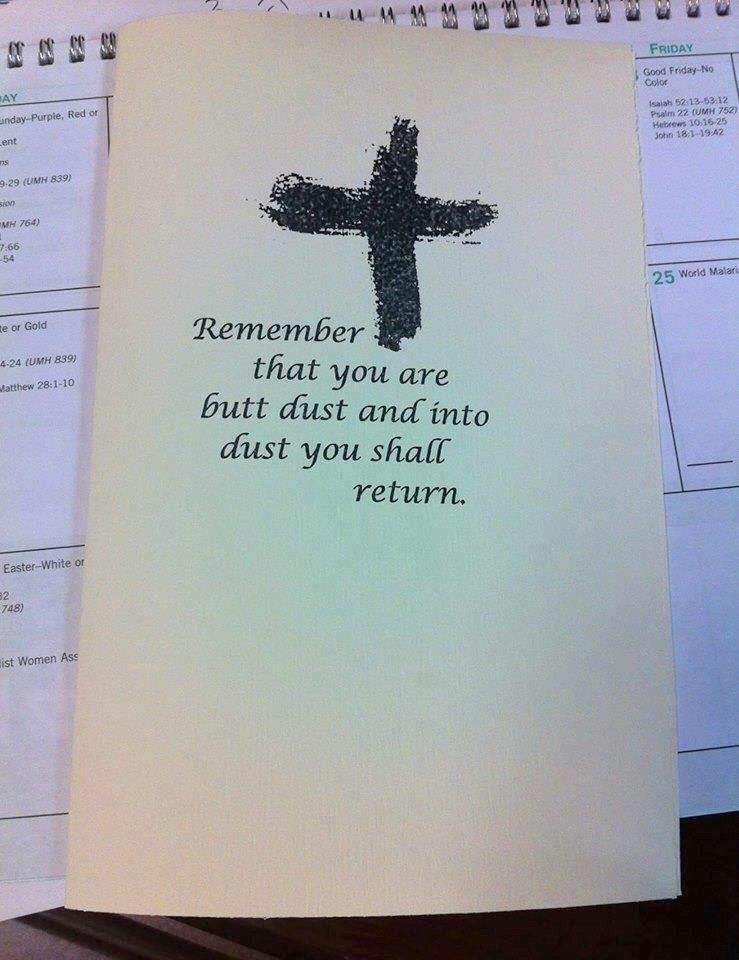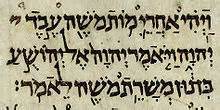Reformation Theology -- Just Got My Copy!
 Tuesday, March 14, 2017 at 11:03AM
Tuesday, March 14, 2017 at 11:03AM This important new volume is ready!
My contribution is, "The Eschatology of the Reformers"
Here's the publisher's (Crossway) summary:
Reformation Theology: A Systematic Summary
Edited by Matthew Barrett, Foreword by Michael Horton, Contributions by R. Michael Allen, Gerald Bray, Graham A. Cole, Aaron Denlinger, J. V. Fesko, Eun Jin Kim, Douglas Kelly, Robert Kolb, Robert Letham, Peter A. Lillback, Korey Maas, Donald Macleod, Keith A. Mathison, Michael Reeves, Kim Riddlebarger, Scott R. Swain, Mark D. Thompson, Carl R. Trueman, Cornelis P. Venema, Matthew Barrett
Far too often, the Protestant Reformation is seen as a bygone and irrelevant movement in church history. Some of the best theologians and historians of today, including Michael Reeves, Gerald Bray, Michael A. G. Haykin, Carl R. Trueman, and many others, have collaborated to counter this view, showing how Reformation theology is not only still relevant but actually essential—even five hundred years later. Offering readers accessible summaries of a host of important doctrinal issues discussed and debated by the Reformers, this comprehensive book includes entries on topics such as biblical authority, the Trinity, the attributes of God, predestination, union with Christ, justification by faith, the church, the sacraments, and more. Perfect for both individual and classroom use, this volume demonstrates that Reformation theology—far from being irrelevant—is more crucial to the vitality of the church than ever.
Recommendations:
“Dr. Barrett has gathered a full stable of blue-ribbon theologians for this winning volume. All the essays are carefully contextualized, the Reformers judiciously selected, and the bibliographies thoughtfully assembled. Some chapters are especially notable for the breadth and depth of the author’s research, others for their adroit summaries of complex themes. There is little doubt that Reformation Theology will ably serve the church and academy as a textbook for students and a reference work for scholars. It is already reshaping my own teaching on late-medieval and early-modern theology, and I commend it heartily.”
—Chad Van Dixhoorn, Chancellor’s Professor of Historical Theology, Reformed Theological Seminary–Washington, DC
“This delightful volume is a breath of fresh air in Reformation studies, putting theology back at the center. It shows with crystal clarity how the Reformers expounded the heart of the Christian faith, and why these evangelical doctrines still matter so much.”
—Andrew Atherstone, Latimer Research Fellow, Wycliffe Hall, University of Oxford
“This rich book takes up the challenge to think beyond 2017 and does so in a very stimulating manner. Each of the contributors is an expert in his field and knows that the Reformation is a highly relevant treasure for both the church and theology. They convincingly encourage the readers to think through this treasure and adopt it. Everyone eager to not just look back at five hundred years of reformation but also look forward finds here the perfect material.”
—Herman Selderhuis, Director, Refo500; Professor and Director of the Institute for Reformation Research, Theological University Apeldoorn, the Netherlands; author, Calvin’s Theology of the Psalms
“Dr. Matthew Barrett has assembled a first-rate team of pastors and scholars to write an anniversary volume of the Reformation that promises to receive a welcoming readership across a wide spectrum of the evangelical community. At a time when some are suggesting that for all practical purposes the Reformation is ‘over,’ Barrett’s Reformation Theology offers a needed corrective by showing the relevance of the Reformation for healthy church ministry and the Christian life today.”
—Philip Graham Ryken, President, Wheaton College; author, Loving the Way Jesus Loves
“This collection of essays is both necessary and appropriate. It’s necessary because the issues addressed mattered then and matter now. It’s appropriate because this is how we best remember our past and honor the Reformers. The Reformation is our pivot point in the past, and the issues it addressed remain the pivot point for church life and discipleship.”
—Stephen J. Nichols, President, Reformation Bible College; Chief Academic Officer, Ligonier Ministries; author, Martin Luther: A Guided Tour of His Life and Thought and The Reformation: How a Monk and a Mallet Changed the World
“A superb collection of first-rate essays on Reformation theology—one of the best I have seen. A welcome addition to the swell of literature in this year of Reformation remembrance.”
—Timothy George, Founding Dean, Beeson Divinity School; General Editor, Reformation Commentary on Scripture
“An anniversary is a great moment to do a book like Reformation Theology. And with the passing of time, Reformation truths and the importance of the Reformation as a milestone in church history get forgotten—incredible as that sounds. But it is true. Perhaps we should not be surprised. How many times in the Old Testament do we read that the Israelites ‘forgot’? So I am enthusiastic about Reformation Theology.”
—David F. Wells, Distinguished Senior Research Professor, Gordon-Conwell Theological Seminary; author, The Courage to Be Protestant: Truth-Lovers, Marketers and Emergents in the Postmodern World
“Matthew Barrett is certainly to be congratulated on bringing together this outstanding group of top-tier theologians and Reformation scholars to produce this wonderful resource. Not only are readers given a masterful survey of historical theology illuminating the key reformational themes of the sixteenth century, but also we are provided thoughtful and insightful guidance to wrestle with the important theological issues facing the church in the twenty-first century. I am delighted to recommend this comprehensive work.”
—David S. Dockery, President, Trinity International University
“Reformation Theology promises to be an influential book indeed. Written by recognized historians and theologians, this volume aims to clearly articulate the teaching of the Reformers according to traditional theological categories. It is a genuine contribution and a great read besides.”
—Fred G. Zaspel, Pastor, Reformed Baptist Church, Franconia, Pennsylvania; author, The Theology of B. B. Warfield: A Systematic Summary and Warfield on the Christian Life: Living in Light of the Gospel
“Nothing would benefit American evangelicals more than a real rediscovery of the Reformation—not a superficial regurgitation of the familiar talking points but a powerful, experiential encounter with the learned depth, wisdom, humility, piety, and practical know-how of our Reformation forefathers. A volume like the one Dr. Matthew Barrett has put together is a big step in the right direction.”
—Greg Forster, Director, Oikonomia Network at the Center for Transformational Churches, Trinity International University; author, The Joy of Calvinism
“The lineup of authors in Reformation Theology and their respective topics reflect the very best in Reformed evangelical scholarship. The book should be of widespread interest. Not only would seminary and college students find the volume profitable in their studies, but all informed Christians would benefit from the essays.”
—W. Andrew Hoffecker, Professor of Church History Emeritus, Reformed Theological Seminary–Jackson; author, Charles Hodge: The Pride of Princeton
“A clear articulation of one’s Reformed faith requires familiarity with the ideas and events in which that faith is rooted. Unfortunately, there are few books on the subject currently in print that are both learned and accessible. Thankfully, this volume offers an outstanding solution to this problem.”
—Chris Castaldo, Pastor, New Covenant Church, Naperville, Illinois; author, Talking with Catholics about the Gospel; coauthor, The Unfinished Reformation: What Unites and Divides Catholics and Protestants after 500 Years
You can pre-order it here: Reformation Theology








